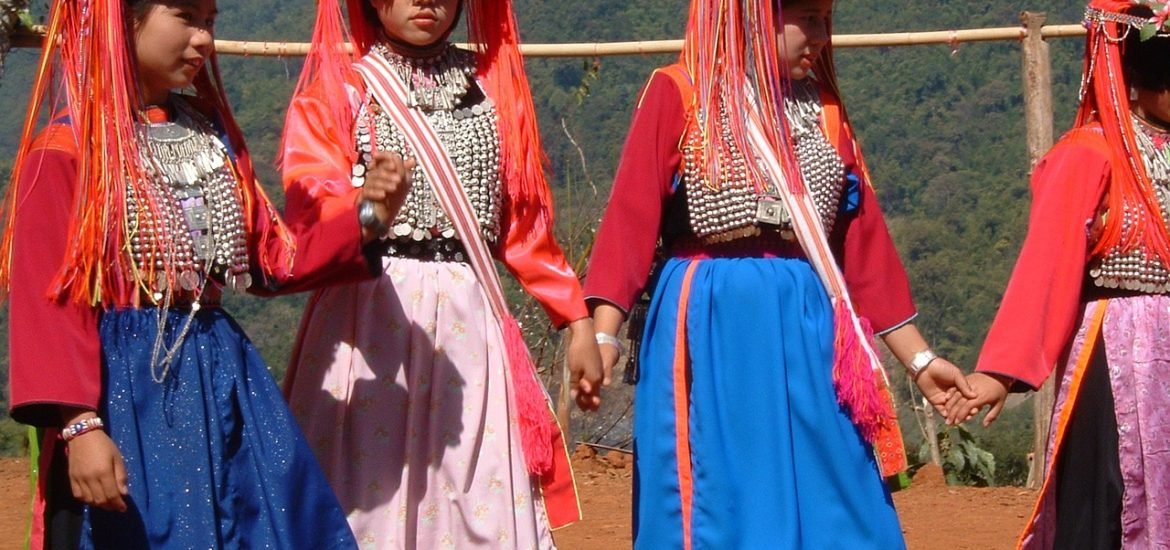
Indigenous and local communities around the world have extensive knowledge regarding how climate change may impact their regions and possible ways to adapt, accoriding to a report published by Local Indicators of Climate Change Impacts. This work was published to coincide with the International Day of Indigenous Peoples.
A team from the Institute of Environmental Science and Technology of the Universitat Autònoma de Barcelona (ICTA-UAB) analysed 52 case studies in indigenous and local communities around the world. The results show that indigenous people and local communities are more affected by climate change than most people because they often live in climate hotspots and depend on nature for their livelihoods.
However, this study also found that these communities have an incredibly rich knowledge about climate change and how to adapt to these changes. “Connected with their natural environment across generations, they have a holistic understanding of the cascading effects of climate change impacts, from changes in atmospheric, physical, and biological systems to impacts on their livelihoods,” explained Victoria Reyes-García.
The case studies used in this work covered a range of topics, including how weather instability makes it difficult to farm in Peru or how changing tides make it difficult to fish in Kenya. The authors covered communities from around the world, including Koryak reindeer herders in Siberia, fishermen on the Juruá River in Brazil, Inuits in Canada, Quechua farmers in Peru, and indigenous people in Fiji.
The authors believe the adaptive responses these communities develop should inspire effective pathways to protect other vulnerable communities. The problem is that, despite their extensive knowledge and expertise, their adaptations are not considered in climate change reporting and policies. This happens even in areas where data is scarce due to their difficult access or when these adaptation measures were successfully applied in their territories.
“As legitimate custodians of knowledge regarding climate change and its impacts on the local environment, Indigenous Peoples and local communities should have a more central role in the scientific and political processes of understanding and adapting to climate change,” defend the authors. The authors also support that the rights of Indigenous Peoples should be respected, and they should be part of the process of developing measures to protect against climate change.
You can find more information here http://www.licci.eu/